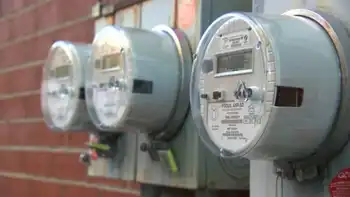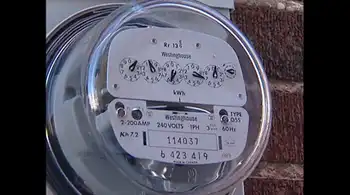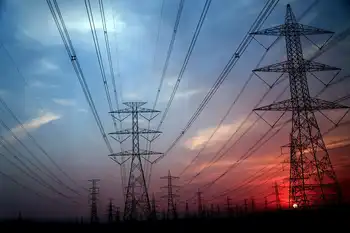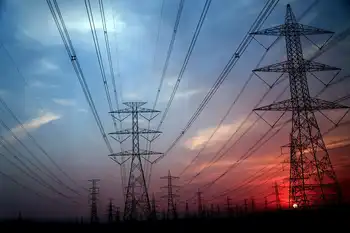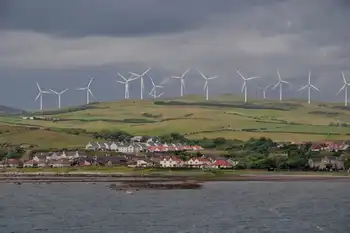Cost of new reactors low-balled, say critics
By Globe and Mail
Electrical Testing & Commissioning of Power Systems
Our customized live online or in‑person group training can be delivered to your staff at your location.

- Live Online
- 12 hours Instructor-led
- Group Training Available
The government pegs the cost of building two new reactors and refurbishing 10 existing units at $33-billion in its long-term energy plan. But opposition members and industry observers said the figure is not realistic. For starters, they said, the government shelved a deal to build two reactors last year, citing the exorbitant price tag of $26-billion. As well, they said, the refit of two mothballed reactors at the Bruce Power nuclear station on Lake Huron is now likely to be $4.8-billion, $2-billion more than the original estimate.
"There's no credibility behind the cost estimate," said Keith Stewart, an energy analyst and anti-nuclear campaigner at Greenpeace Canada.
Progressive Conservative energy critic John Yakabuski is a fan of nuclear energy. But he said consumers should be bracing for their hydro bills to rise more than the government's estimate of 3.5 per cent a year over the next two decades.
The average bill, based on residences that consume 800 kilowatt hours a month, will climb to $228 by 2030 including inflation, from $114 today, the government said. By comparison, the average bill was $53 in 1990.
"They have consistently underestimated the cost of their energy plans and consistently oversold the ability of their plans to supply the energy we need," Mr. Yakabuski said.
The plan spells out the government's blueprint for meeting the province's electricity needs for the next 20 years, while keeping its promise to phase out coal-fired power by 2014. Despite Premier Dalton McGuinty's push for supremacy in the burgeoning North American market for solar, wind and other renewable power projects, nuclear energy will remain the backbone of Ontario's electricity system.
Half of the province's electricity will continue to come from nuclear power. Green energy will account for 13 per cent by 2030, up from 3 per cent today.
"That's not a modernized system," said Dr. Stewart. "That's really the old system with a little green trim around the edges."
The government is also embarking on an ambitious nuclear expansion program amid enormous uncertainty over the future of Atomic Energy of Canada Ltd. The province had planned to buy the two new reactors from AECL, but the federal government's efforts to sell the company could scuttle that plan.
Mr. McGuinty urged Prime Minister Stephen Harper in a letter last summer to suspend the privatization effort and instead focus on concluding a deal to sell AECL's Candu reactors to Ontario.
"The federal government did not help by any means by putting AECL up for sale in the middle of our procurement process," Energy Minister Brad Duguid said at a recent news conference. The province has 16 nuclear reactors that generate a total of 11,400 megawatts of power. The two new reactors the province plans to purchase would be capable of producing 2,000 megawatts of electricity, enough to power 1.6 million homes a year. The government is determined to get a fair price from AECL, Mr. Duguid said.
The $33-billion price tag is the government's best estimate, he said, but government officials won't know the actual cost until the projects go ahead.
"We put a lot of rigour [into] the numbers before you."





